Portland State Board of Trustees met to discuss the state of the university on Dec. 1. During the three-plus hour meeting student government, faculty, trustees and university President Wim Wiewel gave statements.
“Portland State University cannot be a sanctuary campus if our campus security are armed,” said Kaitlin Hoback of Associated Students of Portland State.
Other topics ASPSU spoke on were a campus minimum wage of $15 an hour, a decrying of white nationalists organizing on campus, and concern that ASPSU members do not feel they are heard by the BOT.
“Part of the way that our country is going to change is that we need to be more active in our objection and in our stances,” said Donald Thompson III of ASPSU. “Part of being a part of the PSU community is going to be engaging because that is what’s necessary to protect students.”
Board members were invited and encouraged to attend ASPSU meetings.
In turn, Board members offered to meet with students to discuss issues and apprise them of actions that the Board has engaged in that they think students may not be aware of.
“These are things I’d be very happy to have further discussions on,” Wiewel said.
“Many individuals and groups, particularly but not inclusively, members from communities of color and indigenous communities feel increasingly vulnerable both across the nation and on our campus,” said Winston Grady-Willis, director of the School of Gender, Race and Nations. A request for actions to address these problems was outlined.
Professor Cornel Pewewardy, director of Indigenous Nations Studies said, “I don’t see any tribal sovereign representation on this board. I hope that this is a serious concern to some of you.”
Asking the Board to hold the needs of vulnerable students in their minds, Roberta Hunte, assistant professor in Women, Gender and Sexuality Studies and part of the School of Gender, Race and Nations said, “Our students are vulnerable. Some are dying. Some are houseless.”
“I would be very disappointed if the students didn’t believe that members of this Board of Trustees are heartsick and disappointed by the things that have happened,” said Margaret Kirkpatrick, chair of Academic and Student Affairs Committee. She reported on a committee initiative to “explore and commit to measures to improve overall student wellness, safety, food, and health and security and other concerns that can become barriers to student success.”
The top five issues for the Academic and Student Affairs Committee are a safe campus in the broadest sense of the word; healthy eating, including food security—in a recent survey 59 percent of students who responded said they had inconsistent access to adequate quantities of food; managing stress—there is currently a record number of mental health walk-ins this year at SHAC, up to 25 per day; housing security; and culturally appropriate support for students.
“What we do and what we say matters, and symbols matter and words matter,” said Carmen Suarez, Office of Global Diversity and Inclusion.
“We work with everybody on campus for recruitment and retention,” Suarez said. “What is culturally responsive? You don’t wake up knowing how to do that. It is a learning process. I call it professional development. It’s a skill set.”
Showing surveys of what skills employers want in people, professor Brad Hansen said, “A large percentage want critical thinking, innovation and communication skills. A very small percent want them to know a specific piece of software.” Hansen then asked, “How can we effectively translate and transmit the importance of a liberal education to the public?”
PSU enrollment is declining. According to the Finance and Administration report, student enrollment is down 3 percent compared to last year. Over the last five or six years the decrease has averaged 1 percent per year.
PSU is not alone. Many other universities are losing students more drastically, especially in states that are losing population.
Between the enrollment drop and the governor’s new budget, PSU is currently anticipating a $15 million shortfall for next year.
“A lot of efforts are being made to increase especially the enrollment of non-residents,” Wiewel said. “We are spending a lot of time and effort in recruiting in more states and more intensely.” Recruitment efforts are also being made in several countries.
In the search for a new president, Steve Percy, dean of College of Urban and Public Affairs has agreed to serve as vice chair of the Search Advisory Committee.
In that effort there is a search firm and a search committee. Activities and platforms have begun including two public forums for PSU students, two for faculty, one for the public, and an online survey. Candidates are being pooled now. Semifinalists should be selected by February and invited for confidential interviews. By the end of February selected interviewees will be invited to campus.
In wrapping up the meeting Wiewel commented on the excellence of the Campus Public Safety report. He also reported on status of campus construction projects.
The Carl Miller Center is progressing. The Business School renovations and new wing should be done by September 2017. Renovations to the Peter Stott Center and the Viking Pavilion are proceeding well. Construction on Neuberger Hall will start by summer 2017. There are “wonderful naming opportunities there,” Wiewel said. “We are talking to several donors to try to fill that gap.”
Ending on a high note, Wiewel spoke on PSU’s recent Peter McGraw Community Engagement Award from the Association of Public and Land Grant Universities. “It’s great recognition for how serious we are about our partnership with the community. And those rewards really matter in continuing to raise our profile. That’s why we get on those lists of most innovative universities, because we keep winning national awards.”
The next BOT meeting is March 16, 2017.

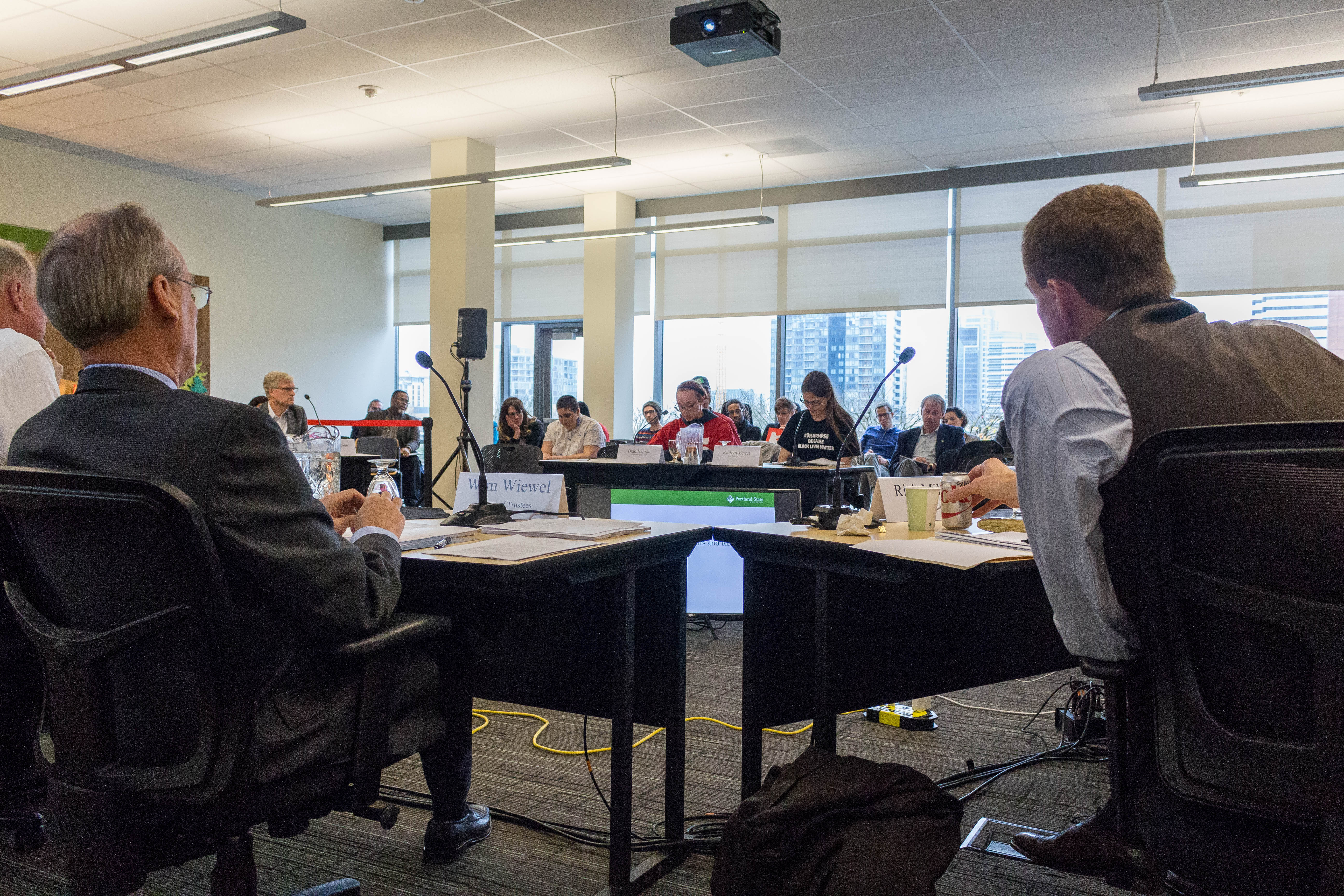
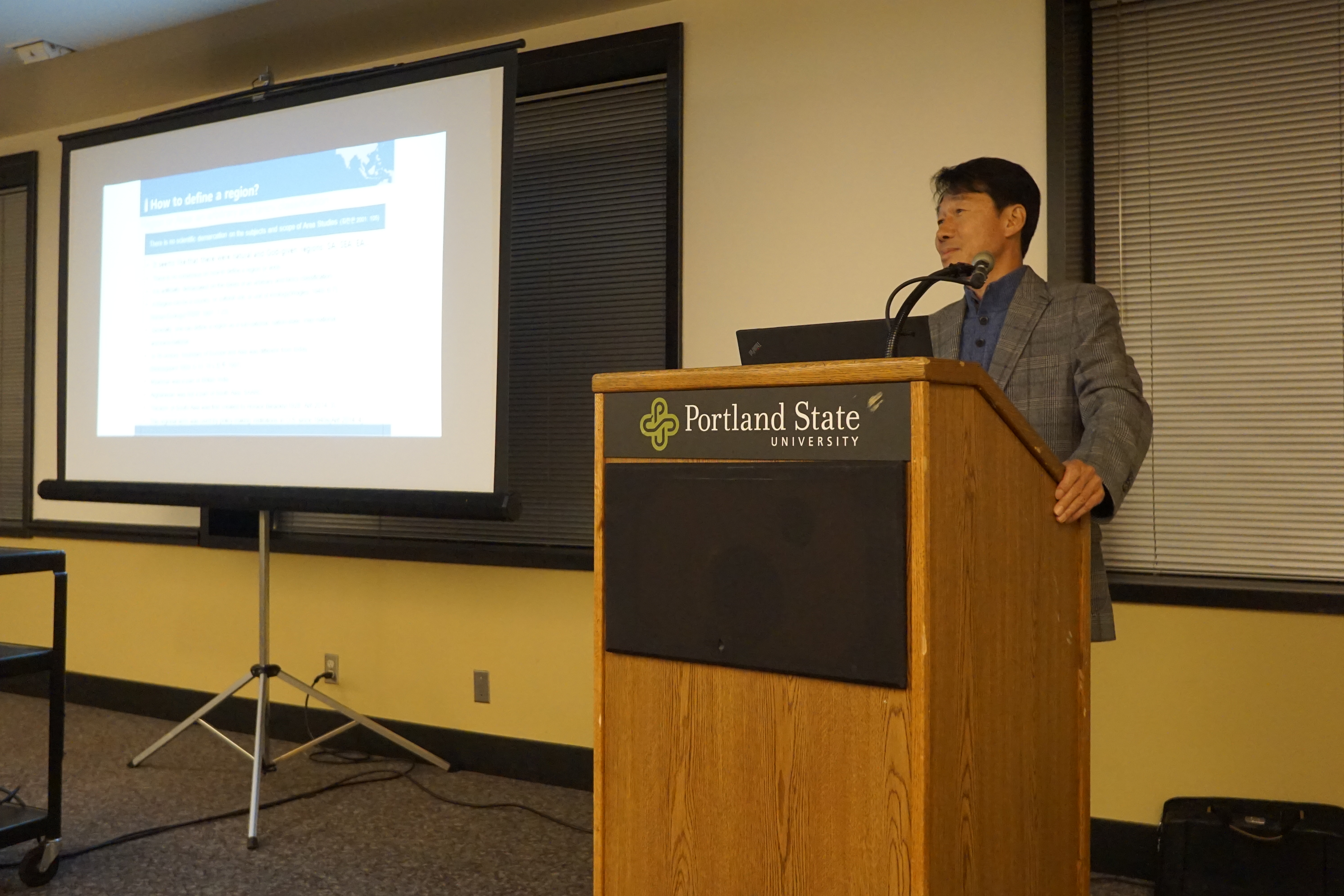

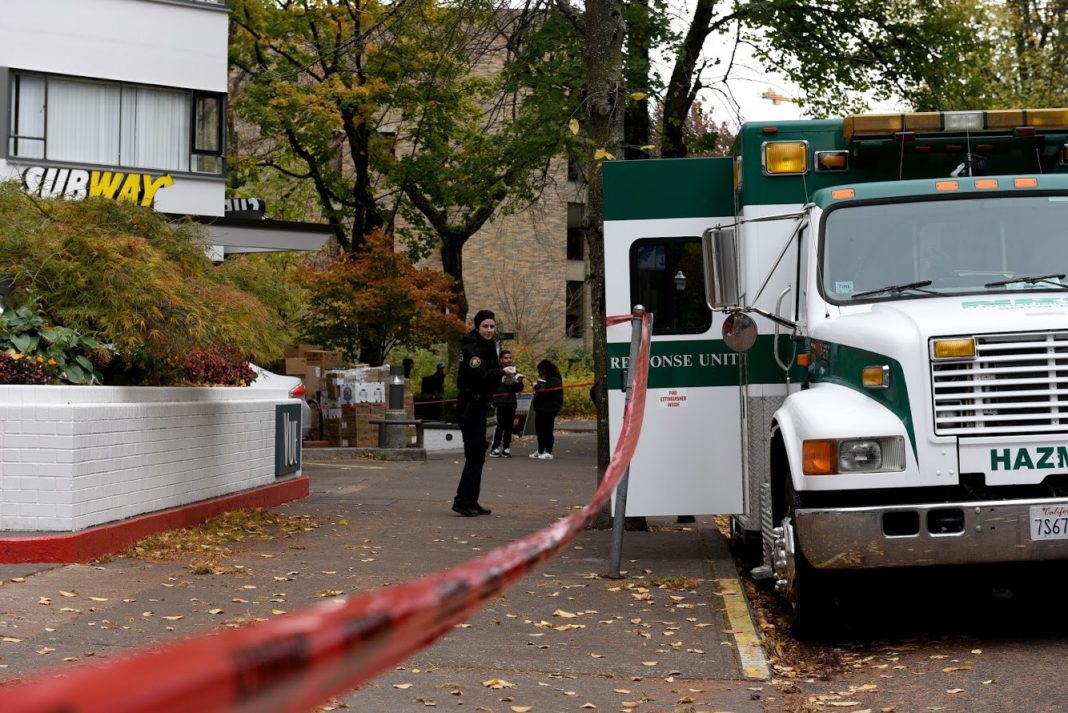
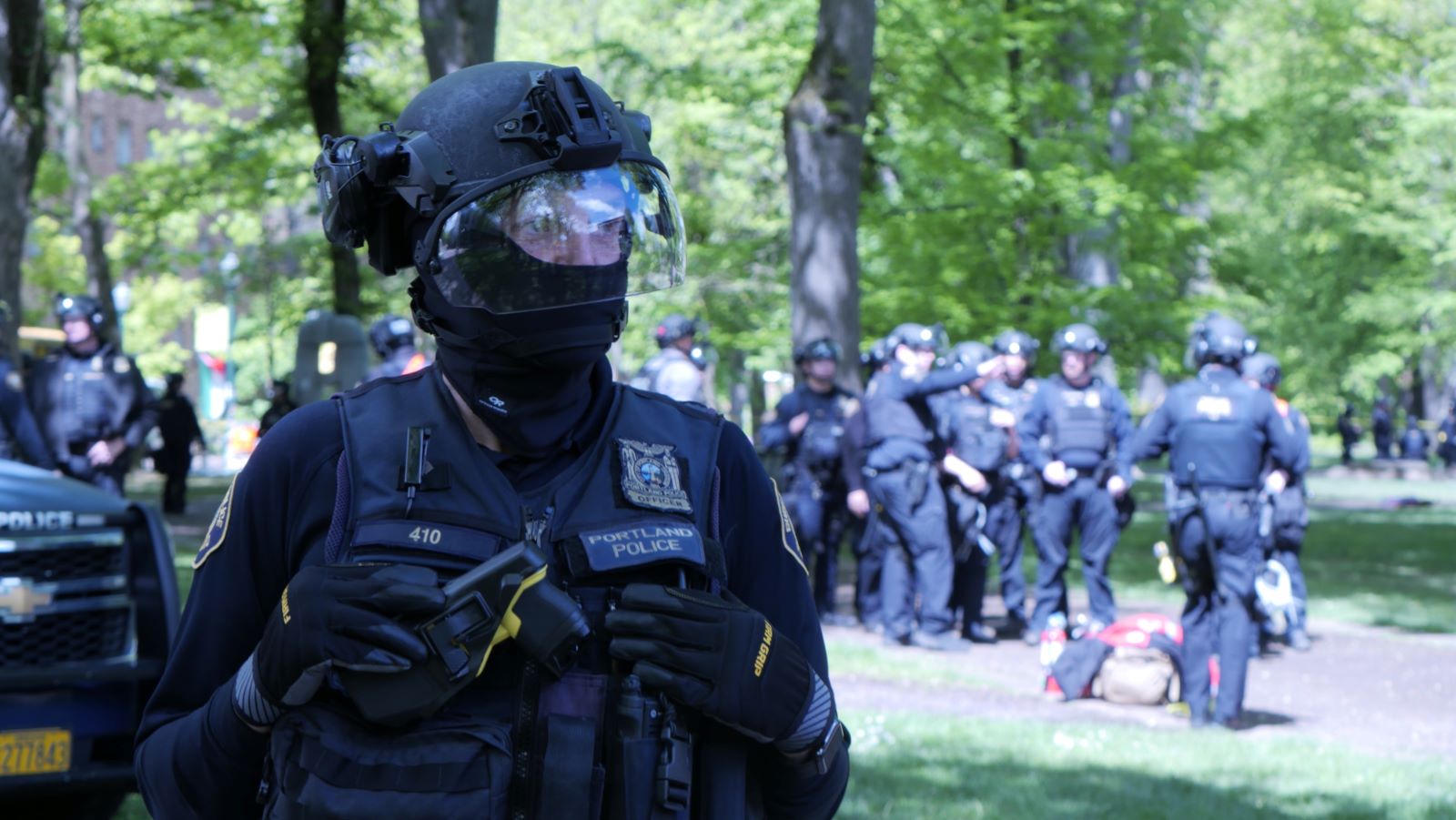
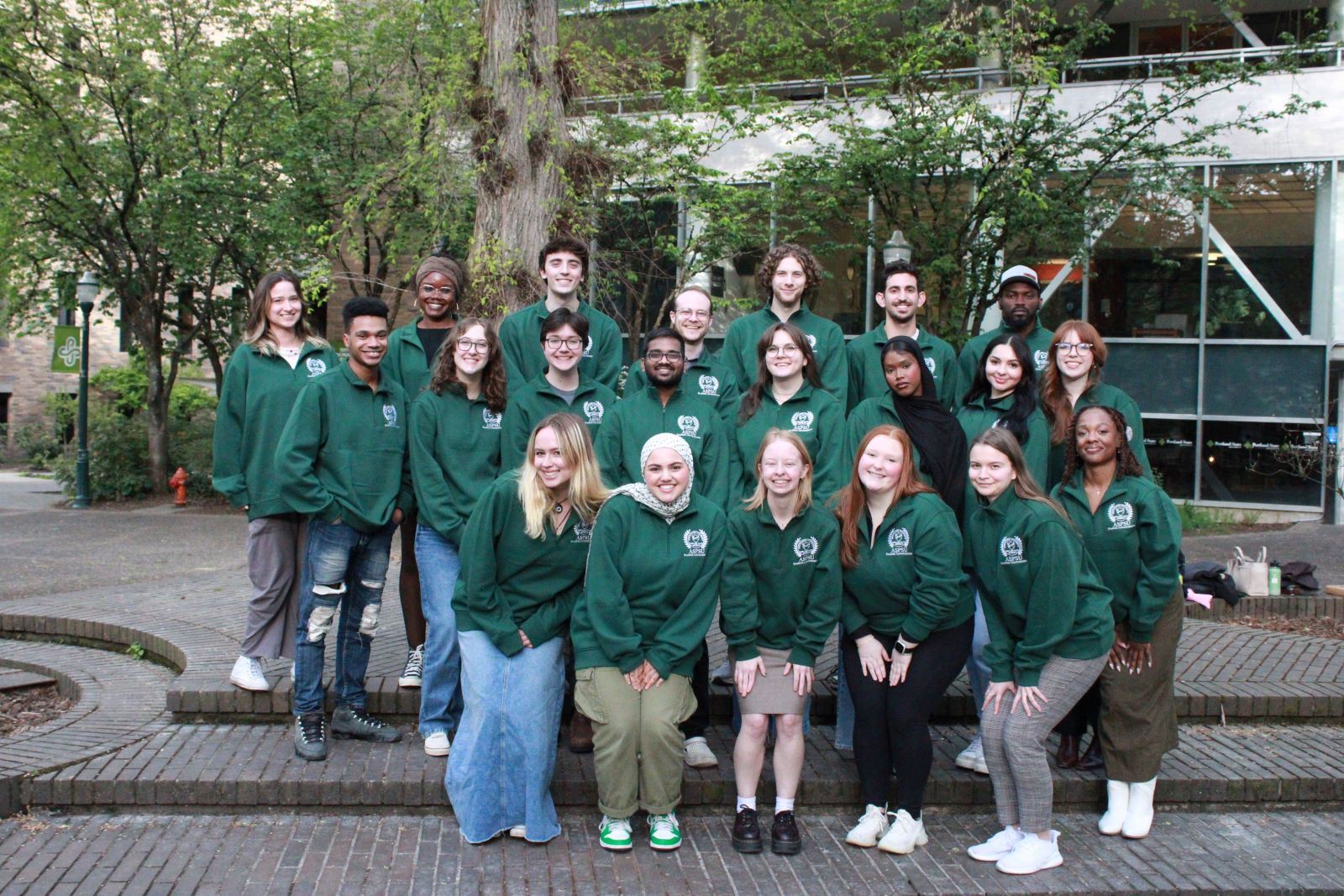
This would be funny if it weren’t so pathetic. So, now the university is concerned about “food insecurity” on campus, as well as in the larger community. Let’s see ….the last time I was in Portland during the summer of 2015, I happened to drive through NE Alberta Street, now known as the “Alberta Arts District”. (Gotta love the coded language! Lol!) In the late 1980’s, and through much of the 1990’s, NE Alberta Street was largely an African American community, with little in the way of conventional grocery stores available to much of the population. Now however, NE Alberta has a trendy “food co-op”, and a high, end, boutique store that sells concrete planters in the shape of vintage shoes for $125, and other “tragically hip” stores that cater more to the tastes of privileged (or wanna-be privileged) whites than anyone else. Walk down the “Alberta Arts District” any day, and you will see self-absorbed, Boho, charlatans promenading around in their stylish, little outfits, but not a black face in sight. Money, real estate grabs, and giving lip-service to the neighborhoods that Portlanders have decimated over the years, have not only corrupted the city, it has made liars and thieves out of all of you!